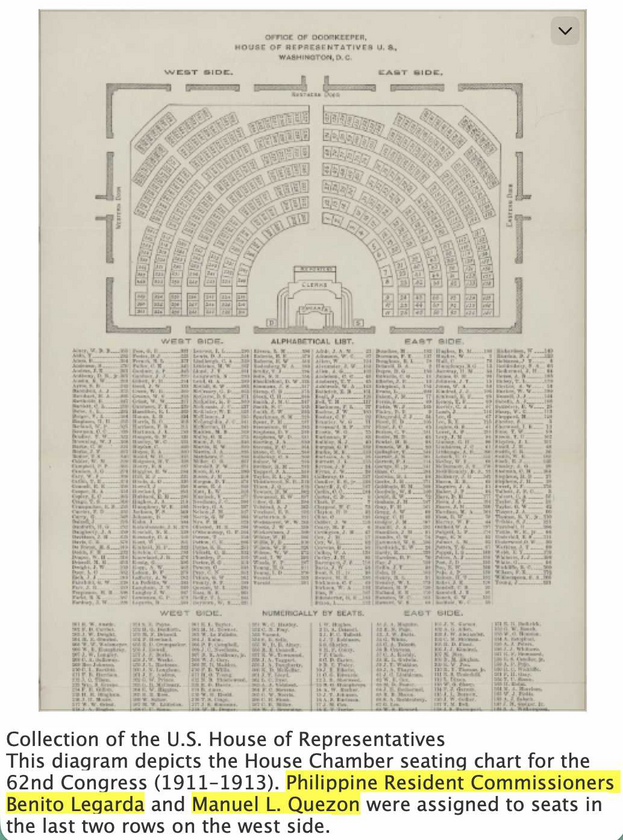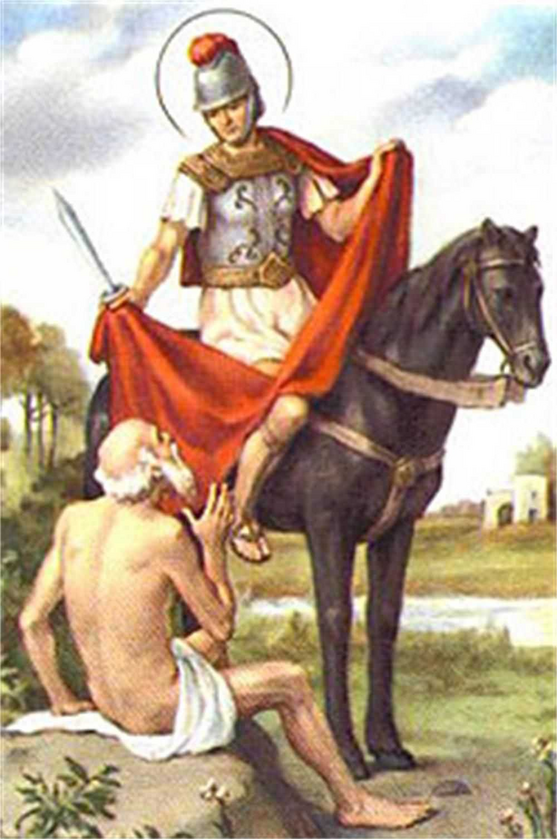Trump announced his tariff plan for every nation in the world. The media, of course, is going nuts, unnecessarily scaring everyone. This is a great time to be reminded of God's promises in times of uncertainty.
Welcome to Politics by Faith. Thank you for being here. I want to talk about uncertainty, economic uncertainty. Donald Trump and his tariff announcement would have been last night and the news immediately was just all out panic. There was this whole thing, the Dow futures are dropping.
The Dow futures. Saw an interview Bloomberg did with the treasury secretary and they're like, what do you think about the Dow futures dropping? And Besson's like, I've learned not to pay attention to the Dow futures.
And if you look up anything about the stock market today, every article has the word rout in it. Rout.
To describe a 4% loss. Now we'll just see what it is tomorrow, right? I wouldn't be surprised if it's a 5% gain. Will these tariffs work? That's a big question. Depends what work means.
What do you mean by work? Will the stock market go up, up, up, up, up, up, up, up, up forever and always? Yeah, probably. But a lot of the stock market now is because of the government printing trillions of dollars, massively inflated. So maybe we're due for a proper correction here.
But the whole point that I want to make on the radio and here is that we need to look at the economy as more than just a GDP. There are other metrics that we need to be looking at when it comes to economic prosperity more than GDP or per capita GDP. Think about the per capita GDP. This is an interesting statistic that people use. It's something, it's something, but it's not everything. If you take two people and they each make $50,000, it's a per capita, or they produce $50,000,
it's a per capita GDP of $50,000. If one person then makes $100,000, or let's say 110,000 and the other earns zero, well, per capita GDP went up. Per capita GDP is now over $50,000, it's increased. But are we better?
Is the group better? How are we doing? Well, this one person's great, other person not so much. So is per capita GDP a proper metric to describe what's happening? It went up, but that can't be everything. I don't blame people for looking at the stock market as the only metric to gauge the economy
because it's bright and shiny and it's either red or green and it's easy to look at every second but how do you measure the thrivingness of a town? There's no metric for that, that you can monitor every day. How do you measure the health of a family's? There's no like index on that one. So of course people are gonna look at the stock market,
but we need to look beyond just the stock market. Anyway, will the tariffs work? Well, what is work? Well, I want prosperity for as many people as possible and to strengthen America. We can work on defining the word work here,
but it doesn't matter how we define it. I don't know. The answer is I don't know. I don't know if it'll work. I hope, I think it will. I hope it will, but I don't know. No crystal ball.
Yesterday I made the point on the radio that tariffs are not new. The very first bill that Congress passed when we became a country, the very first thing that Congress passed was a tariff bill. We've had them for all of our history until World War II. World War II, we had a new priority in the name of stopping the spread of communism. We prioritize lifting up the rest of the world so that they would choose our way of life and not the communist system.
And that may have been great at the, at the time. Great idea. But doing that for a long time now, 80 years, 80 some years, and maybe we've gone too far. Maybe we've lost sight of the point. We've lost the plot. And we've let the rest of the world now dictate our industrial policy.
And now it's time to take it back. And put tariffs on the rest of the world so that ultimately we can get back to free trade with all these other countries. Will that work? I don't know. I think so.
But here's what I do know. That the media is trying to scare you.
One giant variable with all these tariffs is Trump. No econ 101 class can ever account for Donald J. Trump. You could give an all econ 101 lesson and then at the end be like, well, here's another variable, Donald Trump, and just throw it all out the window. Another variable is the media.
And you know the media, well, at least they used to have incredible power of setting narratives and changing people's perceptions of reality. I think they still have some power left. So one question is, can the media convince people to be scared, to lose heart, and lose their nerve
and give up on this plan and to give up on Trump? Or will the media root for America? Right, like, hey, let's try to make this work, everyone. You know the answer, of course. But will they, you know what they'll try to make this work everyone? You know the answer of course. But will they, you know what they'll try to do, but will they be successful in tearing down Trump and changing the narrative and possibly the results of this effort which Trump
just wants to do to help our country. So those are two variables that we'll be watching. Now here's where the Bible comes in. Economic uncertainty. Thinking of Elijah and the widow. So Elijah tells Ahab, the king, that it's not going to rain. Three years, six months, long time.
God tells Elijah, rate where to go. And he says, there's going to be a river there, a brook for you to drink from, and a raven is going to bring you food. An unclean animal is gonna bring you food every day. Not a feast, but provision, enough. God told Elijah where to go, and it was always one step at a time.
God never said, hey, Elijah, here's the deal. Here's what we're gonna do. Here's the 10-step plan. It was just one thing, do this. Elijah obeyed without knowing what the next part of the story was. So he goes to this river. God says I've commanded the ravens to feed you there. I love the there. There. Feed you there. Nowhere else. Just there. Three and a half years go by
and the brook dries up. It's first Kings 17. Then the word of the Lord came to him saying arise go to Zarephath where it belongs to which belongs to Sidon and dwell there see I've commanded a widow there to provide for you the city is where Jezebel was from they worshiped Baal there not a place you think Elijah would want to go but God told him to see I've commanded a widow there to provide for you. A widow, the widow at the time, it was the poorest person in town. So he arose and he went to the city.
And when he came to the gate of the city, indeed, a widow was there gathering sticks. I love this line because every single word in the Bible matters. Every word she was gathering sticks. Whenever you see a detail like that, it's there for a reason. She was gathering sticks for fire, not firewood. Little sticks, that's all she could do. That's how poor she was. And Elijah asked for water and bread to a stranger, to a poor widow, to a stranger. Maybe there's someone else in the town you could have asked for that had more to give, right? There's some rich guy in town. Nope. Go to the poorest person in town. And the woman says, ah, what? This is all I have. And if I don't feed my son, he's going to die. The Bible says, and Elijah said
to her, do not fear, go and do as you have said, but make me a small cake from it first and bring it to me. And afterward, make some for yourself and for your son. For thus says the Lord God of Israel, the bin of flour shall not be used up, nor shall the jar of oil run dry until the Lord sends rain on the earth." How about that? Do not fear. First thing Elijah said to her concern, do not fear. She went away and did according to the word of Elijah. And she and he and her household ate for many days. The bin of flour was not used up, nor did the jar of oil run dry,
according to the word of the Lord, which he spoke by Elijah." Amazing, I love how God didn't just give her a full pantry. Right, God just didn't provide her with a giant barrel of oil. It was always the last morsel, every day,
it was the last morsel. Sort of like when the Israelites were out in the desert, right, and just gave them manna. Just enough for the day, no more. Don't go stashing it now. Just trust me, I'll give you more tomorrow. Love that story, and I'm not prosperity gospeling here, but I wanna be more like Elijah,
following God boldly with faith, total trust every step of the way, and patient. One theme that's come up on the show lately too is people expect, we live in a microwave culture, we expect everything to be fixed immediately. People in Wisconsin, someone called in and said that her coworkers in Wisconsin are ticked off for Republicans because everything's not fixed immediately.
It's like, geez, it's been four months. That's it? It's all the time you're giving anyone? We want everything done immediately. God just told Elijah to go there. He went three and a half years. Three and a half years. Could you
imagine? I want to be more like Elijah and also like this woman who's so generous and trusting of God's provision every day. I wonder if every day she did this she was nervous or did she get less and less nervous, or was she the same nervous every time? There will be times in life when we are, or feel, as ravenous as Elijah, and desperate as this widow. But God, time and time again in the Bible tells us to trust him
and he will provide. I share all this as a friendly reminder to not get in a state of despair that the media wants you to be in when it comes to these tariffs. Let's pray they work. Let's pray we have incredible economic prosperity for everyone in America and around the world. God will provide. Mike Slater dot Locals dot com transcript and no commercials on the website Mike Slater Locals dot com transcript and no commercials on the website Mike Slater dot Locals dot com.













